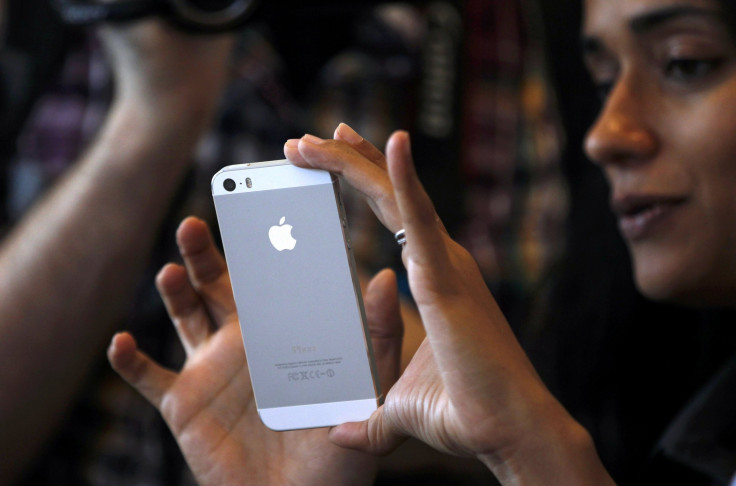Over 200 Mobile Apps For Dermatology, But Can ‘Doctor Mole’ Ever Be Truly Accurate… Or Accountable?

In a review of new possibilities within the realm of cyber diagnosis, researchers at the University of Colorado School of Medicine discovered 229 mobile apps, most of which are free, related to dermatology. Despite claims that these new apps will allow a smart phone user to diagnose and in some cases track a range of skin diseases, the researchers urge caution.
"This is an area of buyer beware because there are no regulations and no guarantees that these apps are providing accurate medical information," Robert Dellavalle, M.D., senior author of the new study, stated in a press release.
Remain Careful While Staying Hopeful
On Monday, the U.S. Food and Drug Administration (FDA) announced that it would only regulate the small number of apps that act like medical instruments, those that perform ultrasounds, or other procedures. Yet, over the past few years, all manner of the mobile applications have been launched to help people perform a variety of dermatology-related tasks, such as monitoring psoriasis or diagnosing melanoma. Other mobile apps dispense sunscreen advice or offer dermatology education.
Of all the apps, those that assist a smart phone user in self-surveillance/diagnosis vary widely with some allowing patients to interface with doctors while others permit patients to document lesions or upload and receive dermatologist or algorithm-based feedback about the malignancy potential of lesions. Others follow diagnosis algorithms and log personal treatment regimens. Some focus on a single skin condition, such as acne, rosacea, psoriasis, or eczema. Many are sophisticated and seemingly helpful. For instance, Dr. Mole allows users to photograph a mole and monitor its changes over time to determine if it's cancerous.
Most Reviewed
"The widespread variety and popularity of mobile apps demonstrate a great potential to expand the practice and delivery of dermatologic care," the authors wrote in the published study. They discovered the following to be the 10 ‘most reviewed’ apps:
- Ultraviolet-UV Index
- VisualDx
- SPF
- iSore
- SpotMole
- Pocket Derm
- Skin Scan
- Doctor Mole
- What's My Rash?
- Skin Conditions
The authors of the study were impressed enough to hope that some of these new apps might help mitigate the shortage of dermatologists. Noting the surge in the number of medical apps in general and within the area of dermatology in particular, Dellavalle suggested they offer some hope that care might spread into rural and underserved populations.
"I think most apps are generally safe right now, but I would not rely solely on them,” Dellavalle stated in a press release. “I would cross-reference them with other apps, other people, and with your doctor." In other words, requesting your doctor’s advice is always recommended and always in style.
Source: Dellavalle R, Chang Brewer A, Endly DC, et al. Mobile applications in dermatology. Journal of the American Medical Association. 2013.



























